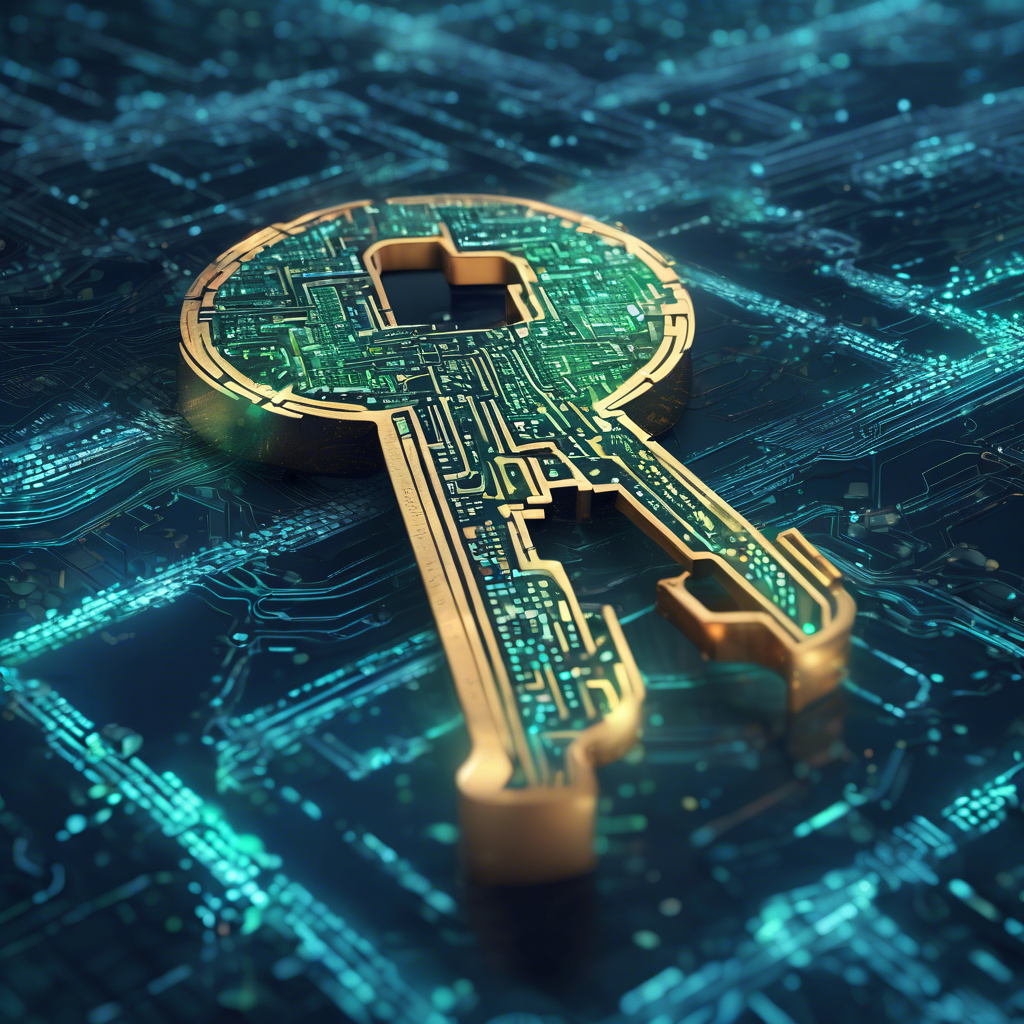UK Pension Fund Takes Bold Step into Bitcoin: Implications for the Future

Blink and you might have overlooked it. Toward the end of last year, an unnamed UK pension fund took a significant step for the UK pensions sector by allocating 3% of its £50 million assets to Bitcoin. While this amount appears relatively modest, it could signal the beginning of a larger shift towards cryptocurrency investments, representing a bold—and arguably intricate—move for pension funds. Shifting to blockchain-based investments presents technical and market-practice challenges that cannot be resolved immediately. Pension funds have long been encumbered by outdated infrastructure focusing on conventional assets like UK gilts, rather than on Bitcoin. One key issue is that, at present, pension fund managers rely on brokerage firms and custodians in their day-to-day financial operations. These institutions often provide services that offer exposure to cryptocurrencies, like exchange-traded funds (ETFs) and derivatives. Nevertheless, some funds might seek direct exposure to blockchain assets to realize the benefits of disintermediation. A significant concern revolves around custody and the broader post-trading infrastructure. Managing private keys and custodial data, whether via third-party custodians or self-custody, introduces complexities that many pension funds are ill-equipped to handle. Unlike traditional custodianship, losing a private key could lead to unrecoverable financial losses, a risk that trustees are unlikely to accept. As new models develop, these infrastructure risks are expected to lessen, potentially paving the way for wider adoption. Pension funds operate under a heavily regulated framework, necessitating compliance with rigorous requirements for risk management, reporting, and fiduciary duties when shifting to digital assets. Inconsistent regulatory approaches across different jurisdictions can complicate matters further, hindering institutional investors from formulating a cohesive strategy.
Implementing standardized, globally recognized regulations will be crucial for encouraging broader participation of pension funds in digital assets. Security and resilience are further critical issues that require attention. The blockchain space has seen notable security breaches, including exchange hacks and smart contract vulnerabilities, which raise concerns for cautious institutional investors. Since pension funds are responsible for preserving long-term wealth, they cannot risk exposure to systems perceived as unstable. Custodians and infrastructure providers must assure that blockchain-based solutions can meet or exceed the security standards of traditional financial institutions. Liquidity is yet another vital consideration. Traditional pension fund investments generally prioritize stable, long-term growth, while many blockchain assets remain volatile and illiquid. Even tokenized versions of traditional assets need to demonstrate sustained liquidity and efficient settlement abilities. As secondary markets for digital assets mature and institutional trading volumes rise, liquidity issues are expected to improve, enhancing the feasibility of blockchain investments. Ultimately, unlocking the potential of blockchain for pension funds hinges on finding a balance between innovation and caution. The adoption of digital assets will be a gradual process, shaped by regulatory improvements and market infrastructure advancements. Pension funds must systematically assess their strategies, relying on reliable intermediaries and technological progress. For now, market infrastructure firms and custodians must deliver secure, compliant solutions to assist pension funds in incorporating digital assets into their existing portfolios. The opportunities are significant, but the transition requires careful and strategic navigation to bridge the divide between traditional and new infrastructure. Michele Curtoni is the Head of Strategy at Six Digital Exchange.
Brief news summary
At the end of last year, a UK pension fund garnered attention by allocating 3% of its £50 million portfolio to Bitcoin, signaling a noteworthy shift toward cryptocurrency within the UK's pension sector. Although this represents a small investment, it highlights a rising interest in digital assets. Nonetheless, pension funds face considerable obstacles in adopting blockchain investments, primarily due to existing asset management frameworks that lack adequate protections for these assets. Mishandling private keys can lead to severe financial losses. Moreover, compliance with regulatory obligations complicates the integration of digital assets, as pension funds must adhere to strict risk management and reporting standards amid evolving regulations. Historical security breaches in blockchain technology heighten concerns, prompting many funds to focus on preserving long-term wealth. The volatility and liquidity challenges of digital assets also reduce their attractiveness compared to traditional investments. For pension portfolios to effectively incorporate digital assets, market infrastructure providers must deliver secure and compliant solutions. Achieving a balance between innovation and caution is essential for pension funds as they assess these emerging financial instruments.
AI-powered Lead Generation in Social Media
and Search Engines
Let AI take control and automatically generate leads for you!

I'm your Content Manager, ready to handle your first test assignment
Learn how AI can help your business.
Let’s talk!
Hot news

SEC's 'crypto mom' says tokenized securities are …
Hester Peirce, a Republican commissioner at the U.S. Securities and Exchange Commission (SEC) and a prominent advocate for the cryptocurrency sector, recently emphasized the vital importance of regulatory compliance for tokenized securities.

AI Industry Funds Massive Teacher Training Initia…
The American Federation of Teachers (AFT), representing 1.8 million educators nationwide, has launched a new AI training hub in New York City to help teachers effectively integrate artificial intelligence into education.

Samsung's AI Plan Unfolds
Samsung recently unveiled a major expansion of its foldable smartphone lineup and smart wearables at an event in New York, emphasizing deeper integration of artificial intelligence (AI) across its technology ecosystem.

Charles Payne: Crypto and blockchain possibilitie…
Join the conversation Sign in to comment on videos and be part of the excitement

Cardano Foundation unveils blockchain-based tool …
Key Takeaways The Cardano Foundation has introduced Reeve, a blockchain-based tool designed to simplify ESG reporting and audit compliance

Impostor uses AI to impersonate Rubio and contact…
The U.S. State Department has issued a warning to diplomats about a troubling development involving artificial intelligence technology.

AI in Autonomous Vehicles: Navigating the Road Ah…
Artificial intelligence is at the forefront of the rapidly advancing field of autonomous vehicle technology.

 Auto-Filling SEO Website as a Gift
Auto-Filling SEO Website as a Gift








 Auto-Filling SEO Website as a Gift
Auto-Filling SEO Website as a Gift

